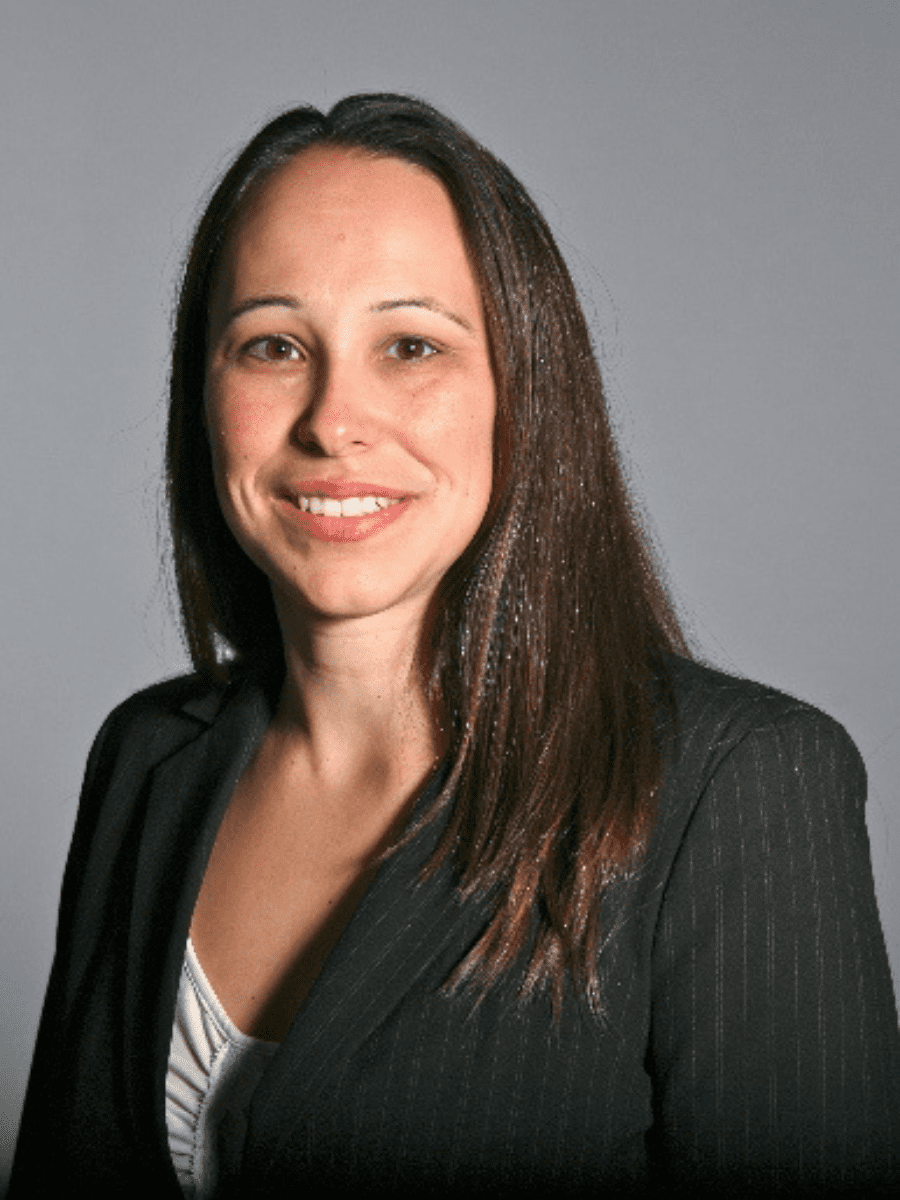Events

- This event has passed.
MICDE / AIM Seminar: Jennifer Franck, Assistant Professor of Engineering Physics, University of Wisconsin-Madison
November 11, 2022 @ 3:00 pm - 4:00 pm
Venue: Zoom Event

Jennifer Franck is an Assistant Professor in the Department of Engineering Physics at the University of Wisconsin-Madison. She leads the Computational Flow Physics and Modeling Lab, using computational fluid dynamics (CFD) techniques to explore the flow physics of unsteady and turbulent flows. Ongoing research projects are in the areas of bio-inspired flows and the fluid dynamics of renewable energy systems with current projects funded by NSF and ARPA-E. Prior to joining the UW-Madison faculty in 2018, she was faculty at Brown University. She received her undergraduate degree in Aerospace Engineering from University of Virginia, followed by a M.S. and Ph.D. from California Institute of Technology. Following her PhD, she was awarded an NSF Postdoctoral Fellowship hosted at Brown University to computationally explore fluid dynamics mechanics of flapping flight.
PREDICTIVE MODELING OF OSCILLATING FOIL WAKE DYNAMICS
Swimming and flying animals rely on the fluid around them to provide lift or thrust forces, leaving behind a distinct vortex wake in the fluid. The structure and size of the vortex wake is a blueprint of the animal’s kinematic trajectory, holding information about the forces and also the size, speed and direction of motion. This talk will introduce a bio-inspired oscillating turbine, which can be operated to generate energy from moving water through lift generation, in the same manner as flapping birds or bats. This style of turbines offers distinct benefits compared with traditional rotation-based turbines such as the ability to dynamically shift its kinematics for changing flow conditions, thus altering its wake pattern. Current efforts lie in predicting the vortex formation and dynamics of the highly structured wake such that it can be utilized towards cooperative motion within arrays of oscillating foils. Using numerical simulations, this talk will discuss efforts towards linking the fluid dynamic wake signature to the underlying foil kinematics, and investigating how that effects the energy harvesting performance of downstream foils. Two machine learning methodologies are introduced to classify, cluster and identify complex vorticity patterns and modes of energy harvesting, and inform more detailed modeling of arrays of oscillating foils.
The MICDE Fall 2022 Seminar Series is open to all. University of Michigan faculty and students interested in computational fluid dynamics are encouraged to attend.
This seminar is cohosted by the Michigan Institute for Computational Discovery and Engineering (MICDE) and the Applied & Interdisciplinary Mathematics program (AIM) at the University of Michigan. Prof. Franck will be hosted by Prof. Silas Alben, Professor of Mathematics.
This is a virtual event broadcasted online via Zoom.
Graduate Certificate in Computational Discovery and Engineering, and MICDE fellows, please use this form to record your attendance.
Questions? Email MICDE-events@umich.edu